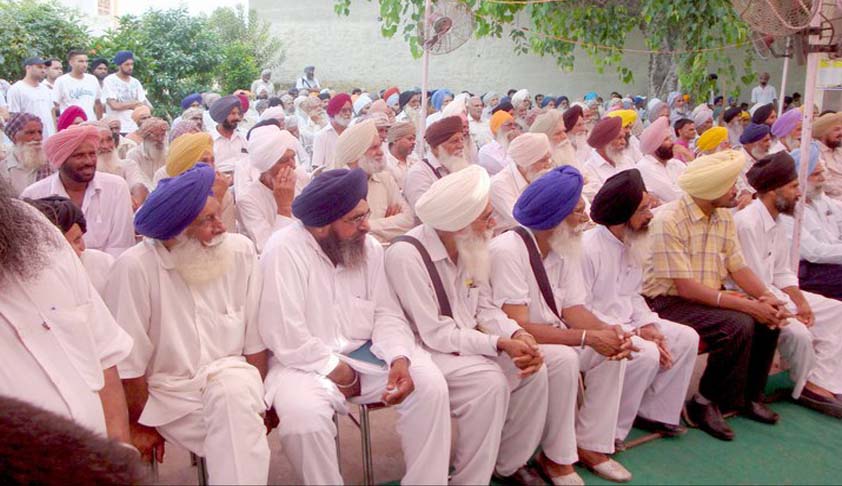- Home
- /
- Top Stories
- /
- SC seeks Government’s views on...
SC seeks Government’s views on granting minority status to Sikhs in Punjab
Apoorva Mandhani
19 Jan 2016 10:55 AM IST
A five Judge Constitution Bench of the Supreme Court on Monday sought Attorney General Mukul Rohatgi’s assistance to decide whether Sikhs are a minority in Punjab. It also appointed Senior Advocate T.R. Andhyarujina as amicus curiae. “Sikhs don’t seem to qualify for this (minority) status… neither on the basis of their numerical strength, nor on the basis of their financial...
Next Story



